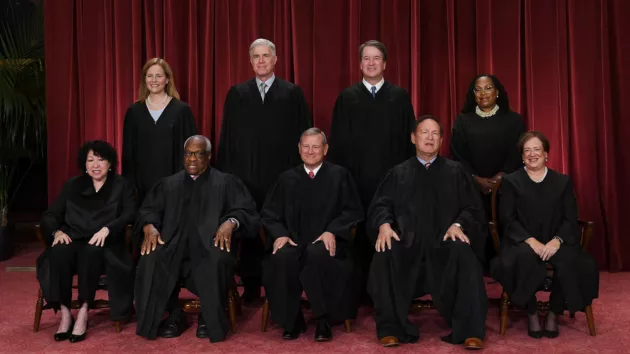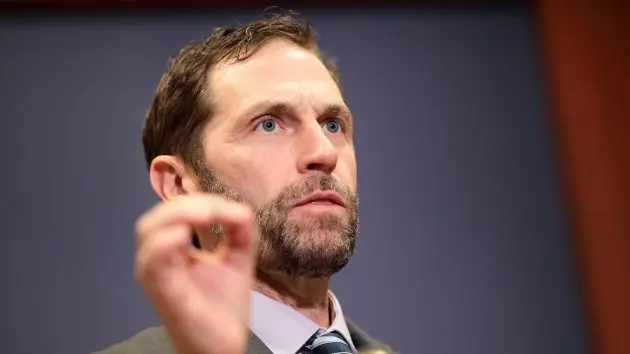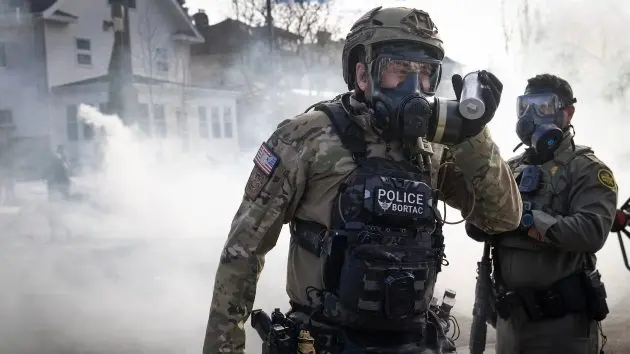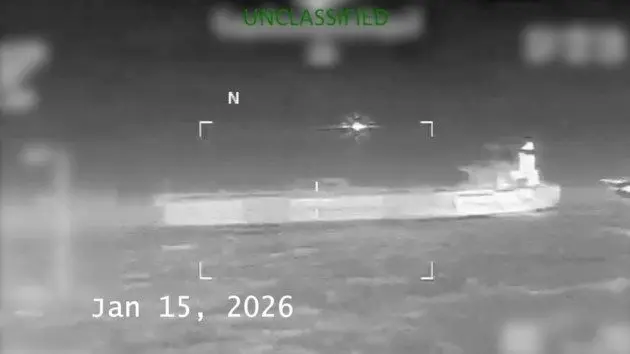
(WASHINGTON) — The Supreme Court appears poised to rule narrowly in a closely watched dispute over when federal law enforcement can be held liable for mistakes that harm innocent victims.
Justices heard arguments on Tuesday in a case from Atlanta involving a 2017 pre-dawn FBI raid of the wrong house that traumatized a family and left thousands of dollars of damage.
Lower courts tossed out the victims’ claims for compensation because of sweeping legal immunity for government officials.
Much of the debate, while highly technical, focused on an exception to the immunity clause that Congress added to the Federal Tort Claims Act in 1974.
“If you really, really meant to drop the pizza off at the right address, it doesn’t matter. You still need to give a refund if you drop it off at the wrong address,” argued Patrick Jaicomo, an attorney representing the family.
A Trump administration attorney insisted officers exercising discretion in performance of their duties should not be subjected to lawsuits and second-guessed by courts.
“The officers here made a reasonable mistake,” said Frederick Liu, an assistant solicitor general.
Several justices did not appear to be buying the argument.
“That is so ridiculous,” Justice Sonia Sotomayor said. “Congress is … providing a remedy to people who have been wrongfully raided, and you’re now saying, ‘No, they really didn’t want to protect them fully.'”
Most law enforcement agencies don’t keep track of wrong-house raids or publicly report data, according to legal experts. Civil rights advocates estimate that are hundreds of cases of wrong-house raids nationwide each year, and most victims are not compensated for the physical or emotional harm that often results from them.
When Liu argued the FBI agents in the case did not violate any government policy despite the mistake, Justice Neil Gorsuch shot back incredulously.
“No policy says, ‘Don’t break down the wrong door? Don’t traumatize the occupants’? Really?” Gorsuch asked Liu.
“It’s the United States’ policy to execute the warrants at the right house,” Liu replied.
“I should hope so,” Gorsuch responded.
Despite sympathy for the plaintiffs, many of the justices appeared wary of a broad ruling that might open the floodgates to litigation against the government.
Justice Brett Kavanaugh, who is the justice most often in the majority, suggested the Supreme Court is likely to provide a limited decision and return the case to lower courts for further consideration.
A decision in the case is expected by the end of June.
Copyright © 2025, ABC Audio. All rights reserved.



